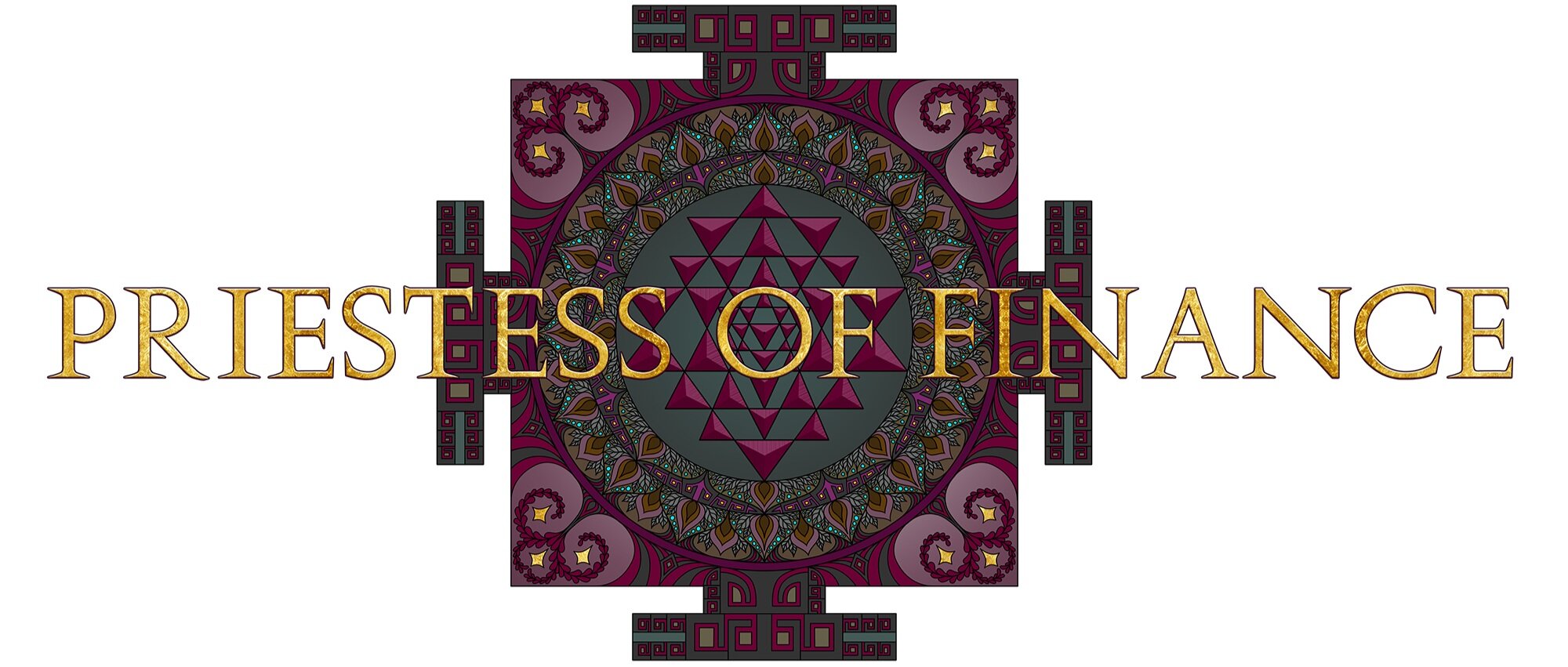Safeguarding Your Finances: How to Protect Yourself from Check Fraud
You might think that in our digital-first world, check fraud would be a thing of the past—but surprisingly, it's still one of the biggest financial risks we may face.
Check fraud has actually been more prevalent in recent years, with fraudsters getting craftier about how they target what many of us still trust as a safe way to pay.
Knowing how to shield yourself from check fraud goes beyond just preventing a financial hit—it's really about mastering your money and taking control of your financial wellbeing.
The good news is that by adding a few simple protective steps to your routine, you can dramatically lower your chances of becoming a target while keeping your peace of mind when writing checks or managing your accounts.
11 Smart Ways to Shield Yourself from Check Fraud
1. Stop Writing Paper Checks (If Possible)
Transition to electronic payments such as Zelle, ACH, Venmo (business accounts), Bill Pay, or credit cards instead of writing physical checks.
Many banks offer free online bill pay services that send electronic or bank-printed checks, which are more secure.
2. Use High-Security Checks If You Must Write Them
If you "must" write checks:
Use “tamper-resistant” or “high-security” checks that have:
Chemical protection (prevents ink washing)
Watermarks and microprinting (harder to duplicate)
Heat-sensitive ink (reveals fraud attempts
Order checks directly from bank or a secure vendor like Deluxe or Harland Clarke.
3. Use a Fraud-Resistant Pen
Standard ink can be washed off checks using chemicals.
Instead, you can write checks with a gel pen, specifically a Uniball 207 or another pen with pigmented ink, which soaks into the paper and cannot be removed.
4. Enable Banking Alerts
Set up instant transaction alerts via text or email for all check clearances and large transactions.
Some banks allow alerts when checks clear above a certain dollar amount.
5. Monitor Bank Statements & Transactions Frequently
Check accounts daily or at least weekly for unauthorized transactions.
If fraud occurs, immediately report it to your bank and request an investigation.
6. Reduce the Information on Checks
Never put your phone number or driver’s license number on checks.
Use initials instead of a full first name to make forging the signature harder.
Use a business address or P.O. box instead of home address.
7. Use Positive Pay (If Available)
Some banks offer Positive Pay, a fraud detection tool where the bank only honors pre-authorized checks that match the details the account holder submits.
8. Secure Physical Checks & Mailbox
Keep checkbooks in a locked, secure place at home.
Use a locking mailbox and never leave outgoing checks in an open mail slot.
If sending checks, drop them off inside the post office, not in an outdoor mailbox.
9. Use a Separate Account for Bill Payments
You can set up a separate checking account just for bill payments, keeping the primary account secure from fraud.
Only transfer the exact amount needed into this secondary account to limit exposure.
10. Secure Physical Checks & Mailbox
Some banks offer fraud protection services, like:
Identity theft monitoring
Transaction verification calls
Account freeze capabilities in case of suspicious activity.
11. File a Police Report if Fraud Occurs
File a police report in your area.
The report helps law enforcement track fraud patterns and may assist in recovering funds.
Empowering Your Financial Future: The Path to Money Mastery
Protecting yourself from check fraud isn't just about defending against the negative—it's about embracing the positive control you have over your financial future.
Each precaution you implement represents a conscious decision to master your money rather than letting circumstances master you.
Remember, financial security isn't something that just happens:
It's something you create through awareness, smart habits, and proactive choices.
The strategies I’ve shared aren't complicated or time-consuming, but they represent the difference between leaving your financial well-being to chance and taking deliberate care of it.
As you implement these protective measures, you'll likely notice something remarkable happening.
Beyond just preventing fraud, you'll develop a deeper relationship with your finances.
You'll become more aware of your cash flow, more intentional about your banking habits, and more confident in your financial decisions—all essential elements of money mastery.
In today's world, being financially savvy also means being security-minded.
By incorporating these simple practices into your routine, you're not just a steward of your checks and accounts.
You're strengthening your entire financial foundation and empowering yourself to build a more secure future that feels amazing.
Here's to your financial wellness and the peacefulness that comes from knowing you've taken savvy steps to protect the resources that support your future.

